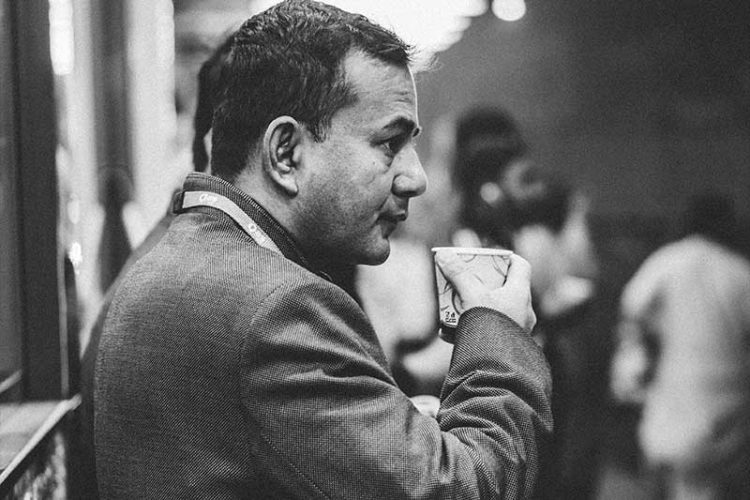Quinquagenerians (those between the ages of 50 and 60) are facing new challenges that are peculiar to them. They are part of the ‘sandwich generation’ that sits between the well-off baby boomers and the younger digital natives. They find themselves pondering both the practical exigencies of the next 30 years, such as career, finances etc., as well as existential doubt about the role they should play and who they really want to be for the last third of their lives. Men are facing a double whammy; male identity crisis caught up in the turbulent and opposing pulls between the silent dutiful types who adhere to the old ways of behaving as their fathers were and the modern, open, warmer, individualistic approach. Women too are struggling – juggling the responsibilities of still-dependent children, caring for elderly parents as well as managing a career.
Is it any wonder that mental as well as physical health problems are growing in this age group? Not so long ago, it was enough simply to start looking forward to, and planning for, retirement. Now though, with increased life expectancy and high lifestyle expectations (not to mention poor pension fund performance), and with their children increasingly needing financial support well into their 20s; with the addition of parents living longer and swallowing up any hope of inheritance in care home fees, the prospects can appear a little bleak. This generation will need to keep working and earning far longer than their parents before them.
However, with a bit of clear reflection, and perhaps the help of a really good mentor, this life stage offers immense opportunities. As David Ogilvy CBE, founder of Ogilvy and Mather, said, ‘The secret to a long life is a double career. One to age about 60 and another for the next 30 years.’ More and more people are having successful and fulfilling next working stages, either in second careers or starting businesses. The number of olderpreneurs is increasing following in the (famous) footsteps of Ray Kroc who bought the McDonalds franchise at 52 and grew it into the world’s biggest fast food franchise; Arianna Huffington who co-founded the Huffington post at 55; Tim and Nina Zagat – both lawyers who retired and then created the Zagat restaurant reviews.
Starting a new business is an ideal way to create work suited to your specific needs – having the freedom to do things your own way, in an area that may be linked to a hobby or passion as opposed to a first career choice which can so often be driven by practicalities and financial demands. Being a quinquagenerian means you will have considerable experience, perhaps specific knowledge of a specific industry and a broad range of contacts.
So how best to take the first steps to this exciting third stage of life?
Firstly, dedicate some ‘alone time’ to thinking and formulating a plan. As someone said, ‘the time will pass anyway, you can either spend it creating the life you want or spend it living the life you don’t want’.
Secondly, work out what you really value. Your values are what is most important to you in life, they are an expression of yourself, part of your identity. They define your relationships and underpin your personal and professional choices. Realising and building on your values is the cornerstone of self-awareness and personal transformation.
Thirdly, think about how you would spend your time if money were no object and if other people’s opinions didn’t matter! Make a list of things you enjoy doing, experiences you want to have, things you want to learn, people you would like to meet and places you’d like to see.
Fourthly, recognise that this period is a time of change – emotionally and physically. Every journey starts with a single step; personal transformation and shift doesn’t happen overnight. This is a lengthy process which will affect potentially the next third of your life; make sure that it is engineered around what you’d really like to be doing.
And finally, don’t forget to ask and seek help working with a life or career coach, because working with them you are more likely to find exactly what it is that you want to be spending the next stage of your life doing. Making a life change is a hugely rewarding challenge and ensuring you have someone to bounce ideas off, chat to, secure unbiased advice and support you to keep on track is essential to ensure commitment to any new direction.




